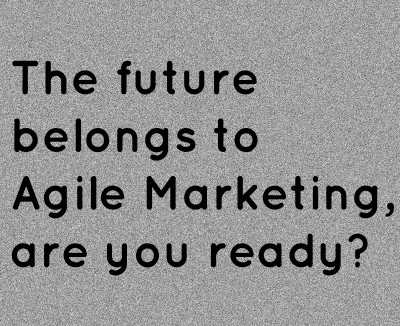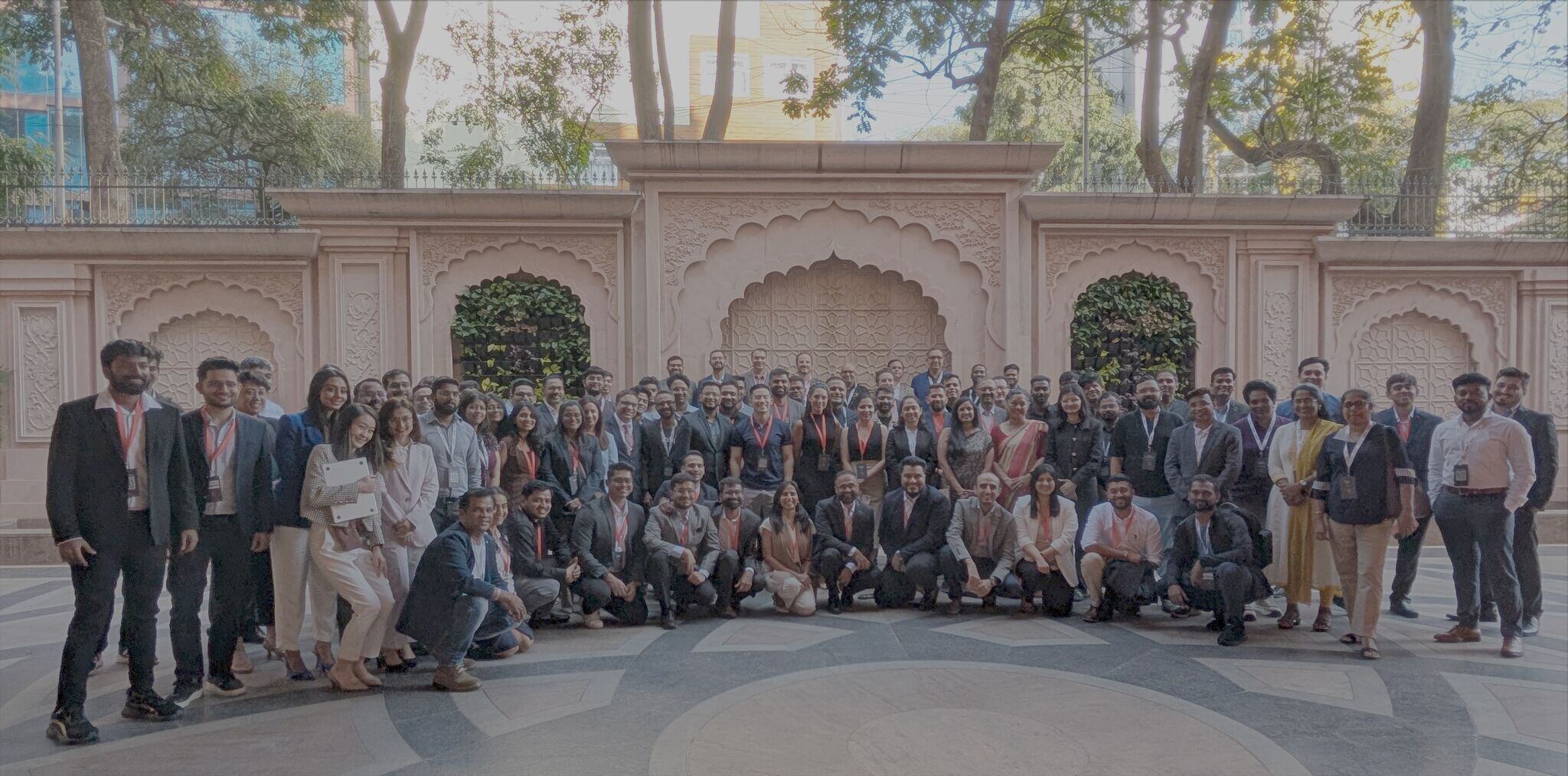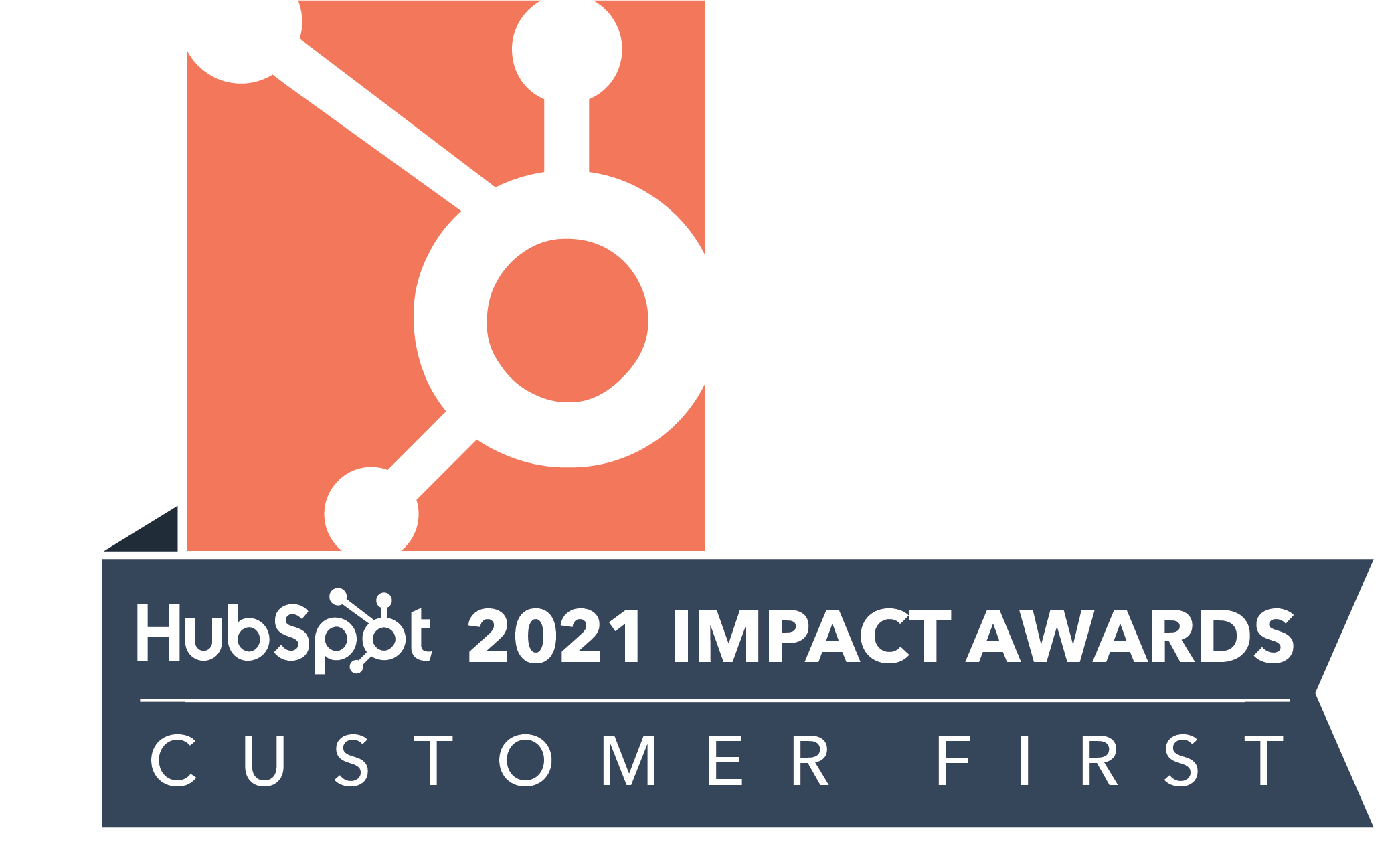We were about to start working with a consumer facing business in the food and beverages sector. In principle, we had agreed and the work had to start roughly 45 days later. Just before we were to sign the contract, the #MaggiBan happened! India’s favorite noodles was banned across the country.
Immediately we got a communication from the marketing head that there had been a change in strategy and their products were going for another round of checking for adherence to health standards and might go through another round of approvals before they could actually launch their products . Hence, the product launch and marketing activities had been put on hold, indefinitely.
Neither has Maggi returned to the markets nor have we heard from the business again. This is a perfect use case why businesses need to move to agile marketing. Here’s an example.
Imagine if they’d signed up with us and we were carrying out marketing for their products and then the Maggi issue happened. Immediately, the marketing approach would have changed:
- maybe we would have sent communication that everything is ‘right’ with their products
- maybe the product promotion would have stalled for some time
- maybe the promotional strategy would have changed in a manner to leverage the outbreak
- or something else?
Whatever the communication be, the point is that the strategy would have had to be changed immediately.
Now if the brand had invested all its resources and budgets into the initial strategy, they would have had losses even in changing the course.

On the contrary, in the agile way, despite having a long-term strategy, only short term (about 2 weeks) resources and activities are planned and hence
- the losses are smaller
- the course change happens quickly
On a similar note, let’s replace Maggi with Google or Facebook’s algorithms. Every time they change the algorithms, if we are lucky, we get to know about it 1-2 weeks prior, if not, then we only get to know once the change has happened. Needless to say, the algorithm change means we need to change our strategy, immediately. For example, Mobilegeddon happened recently. Since it was announced about 2-3 weeks before the rollout, some organizations quickly adapted and placed a quick fix within the time, while many others, suffered a hit in their rankings. Or in other words, those were agile, adapted, the rest chose to suffer.
Having close friends who were part of managing the Maggi brand, I can share that the people who were involved in handling digital promotions for Nestle, literally had sleepless nights for a couple of weeks, till the situation cooled down.
The marketing and communications team had to drop everything and just focus on this single issue. Now, when there are hopes of Maggi returning to the market, their communication is completely different.
Here’s what Maggi/Nestle has been up to recently
While a company like Nestle can afford to immediately increase its resources/budgets to handle situations like these, not every organization can. Can you?














